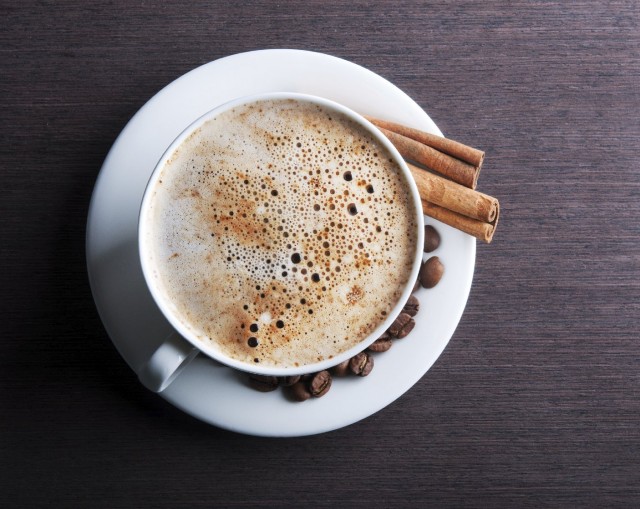As I'm writing this, I'm hitting my mid-afternoon slump. And it's Friday, no less. The time seems perfect for a cup of coffee. And now, because caffeine was the topic on KQED's Forum this morning, I know how and why caffeine is an apparent energy booster.
"Its primary role is a simple one," said Forum guest Murray Carpenter. He's the author of Caffeinated and is full of facts about the "bitter white powder." Let's start with the biochemistry: caffeine blocks a neurotransmitter called adenosine. This is the signal that tells you that you are drowsy. When you consume caffeine, it blocks adenosine from sending the "fatigue" message. "Fully 50 percent of the receptors are blocked" after we consume caffeine, Carpenter explained, "and it's that simple trick that allows caffeine to do its work."
But caffeine has another role that I had never heard of: it's a natural pesticide. If insects consume a caffeinated plant, they become paralyzed and die. Odd that it works so differently on humans.
The Food and Drug Administration (FDA) labels caffeine as both a drug and a food additive, but it turns out there's no labeling required so we can all might know how much caffeine we're getting. In addition, there's tremendous variability about how much caffeine you might be consuming. While colas might have a predictable amount of caffeine, coffee does not. Carpenter cited research showing that a coffee from Dunkin Donuts, for example, had 160 milligrams of caffeine, where as Starbucks was much higher.
